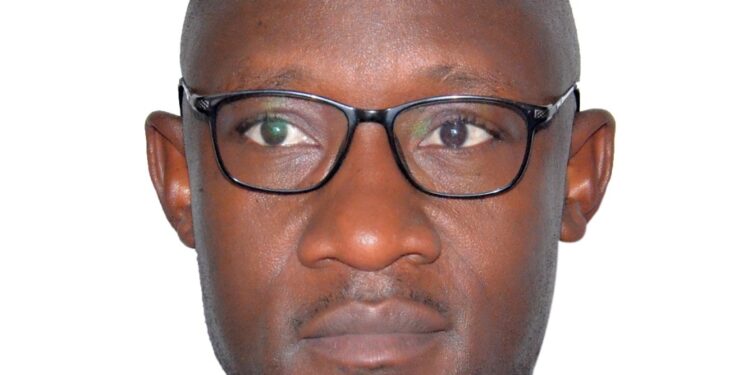In this article, I begin by highlighting the view of Karamoja scholar Tabitha Naisiko, who emphatically stated that “development organisations in Karamoja have imposed conditions on Karimojongs based on preconceived biases” (Naisiko, 2024).
Naisiko further argues that these conditions do not allow for meaningful local participation. I agree with Naisiko to some extent that her point is valid and that some of the development organisations in Karamoja are implementing interventions that are straining, and their methodologies are questionable.
Why do I agree with Tabitha Naisiko on the issue of preconceived biases? ‘Preconceived biases’ are judgments, opinions, or attitudes formed before having enough facts, evidence, or firsthand experience about something or someone. They are often based on stereotypes, hearsay, or past experiences rather than on objective reality (Luse, Townsend, & Mennecke, 2018).
For example, assuming someone is unfriendly because of the way they look before even talking to them, or believing a project will fail before starting it simply because similar ones have failed in the past.
In short, it’s like wearing tinted glasses that color your view of the world before you actually see the full picture. The main argument in this article is that, due to historical perspectives of the Karamoja context, some development agencies or individuals execute projects in the region with some preconceived biases.
To illustrate my concern, I recall a friend sharing a story in which some of our acquaintances believed that the Karimojongs and Karamoja organisations lack the capacity to effectively manage donor funding in the region. In response, I referred to Matteo Caravani’s publication titled “The Failing Aid Complex in Uganda’s Northeast.” Caravani observed that, despite millions of dollars being spent on aid in Karamoja, the region continues to face challenges and persistent finger-pointing among different actors (Caravani, 2024). I then asked my friend whether the responsibility for failed aid projects lay with Karamoja organisations or with the Karimojongs themselves. To be candid, my friend’s answer falls beyond the scope of this article.
My message to development partners and agencies working in Karamoja is clear: as you implement projects, ensure that the Karimojongs and Karamoja organisations are genuinely engaged, rather than merely used as mobilisation tools. Unless this changes, I have serious doubts about the long-term effectiveness of your interventions.
Ayub Mukisa (PhD)
Executive Director- Karamoja Anti Corruption Coalition
Email:ayubmukisa@gmail.com
Do you have a story in your community or an opinion to share with us: Email us at editorial@watchdoguganda.com














